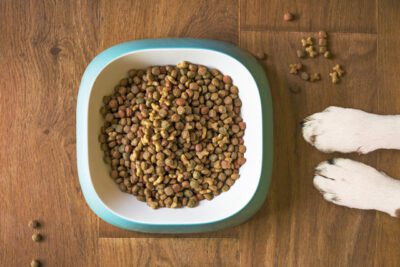



Before we delve into the question of whether cats can eat cheese, it's important to understand the feline diet. Cats are obligate carnivores, which means that their bodies are designed to thrive on a diet that consists primarily of meat. Their digestive systems are specifically adapted to process and derive nutrients from animal protein.
In the wild, cats would consume prey such as mice, birds, and other small animals. These prey provide cats with the necessary nutrients, including essential amino acids, vitamins, and minerals. Cats have a limited ability to digest carbohydrates and plant-based foods, as their bodies lack certain enzymes required for efficient digestion.
Now, let's address the question at hand: can cats eat cheese? While cheese may be a tasty treat for humans, it is not an ideal food for cats. There are several risks associated with feeding cheese to cats.
Firstly, cheese is high in fat and calories. Cats have a relatively low tolerance for fat in their diet, and consuming excessive amounts of fat can lead to weight gain and obesity. Obesity in cats can lead to a variety of health issues, including diabetes, joint problems, and heart disease.
Secondly, cheese is also high in lactose, a sugar found in milk and dairy products. Many cats are lactose intolerant, meaning that they lack the necessary enzyme, lactase, to break down lactose. Feeding cheese to lactose-intolerant cats can result in digestive upset, including diarrhea, vomiting, and abdominal pain.
Furthermore, some types of cheese, such as blue cheese or cheeses with added ingredients like garlic or onions, can be toxic to cats. These ingredients can cause gastrointestinal upset and even damage to red blood cells.
While there are risks associated with feeding cheese to cats, there are also potential benefits. Cheese is a good source of protein, which is essential for cats. Protein helps to support muscle growth, repair tissues, and maintain a healthy immune system.
Additionally, cheese is rich in calcium, which is important for maintaining strong bones and teeth in cats. However, it's worth noting that cats can obtain sufficient calcium from their regular diet, and excessive calcium intake can lead to urinary issues, such as the formation of bladder stones.
If you still want to feed cheese to your cat despite the risks, it's important to choose the right type of cheese. Some types of cheese are safer for cats to consume in moderation.
Hard cheeses, such as cheddar or Swiss cheese, tend to have lower lactose content compared to soft cheeses. This makes them a better option for cats who are lactose intolerant. However, it's important to remember that even hard cheeses should be given in small quantities as an occasional treat, rather than a regular part of their diet.
If you decide to feed cheese to your cat, it's crucial to do so in moderation and take certain precautions.
Firstly, always consult with your veterinarian before introducing any new food into your cat's diet, including cheese. They can provide guidance based on your cat's specific dietary needs and health conditions.
When feeding cheese to your cat, ensure that it is served in small, bite-sized pieces. This helps to prevent choking hazards and makes it easier for your cat to chew and digest.
Additionally, monitor your cat for any signs of digestive upset or allergic reactions after consuming cheese. If you notice any adverse reactions, such as vomiting, diarrhea, or changes in behavior, discontinue feeding cheese immediately and consult your veterinarian.
If you're looking for alternative treats for your cat, there are plenty of options that are safer and more suitable for their dietary needs.
Lean meats, such as cooked chicken or turkey, are a great source of protein for cats. Just make sure to remove any bones, skin, and seasoning before offering it to your cat.
You can also consider commercial cat treats that are specifically formulated for feline nutrition. These treats are often made with high-quality ingredients and designed to meet the nutritional needs of cats.
Remember to always provide fresh water for your cat and ensure they have a balanced and complete diet that consists primarily of high-quality cat food.
In conclusion, while cats can eat cheese in moderation, it is not an ideal food for them. Cheese is high in fat and lactose, which can lead to weight gain, digestive upset, and other health issues in cats. Some types of cheese can also be toxic to cats.
If you choose to feed cheese to your cat, opt for hard cheeses with lower lactose content and serve it in small quantities as an occasional treat. However, it's important to consult with your veterinarian before introducing any new food into your cat's diet.
Ultimately, it's best to prioritize a balanced and complete diet that consists primarily of high-quality cat food to ensure your feline friend receives all the necessary nutrients for optimal health.
Leave a Reply
Related posts